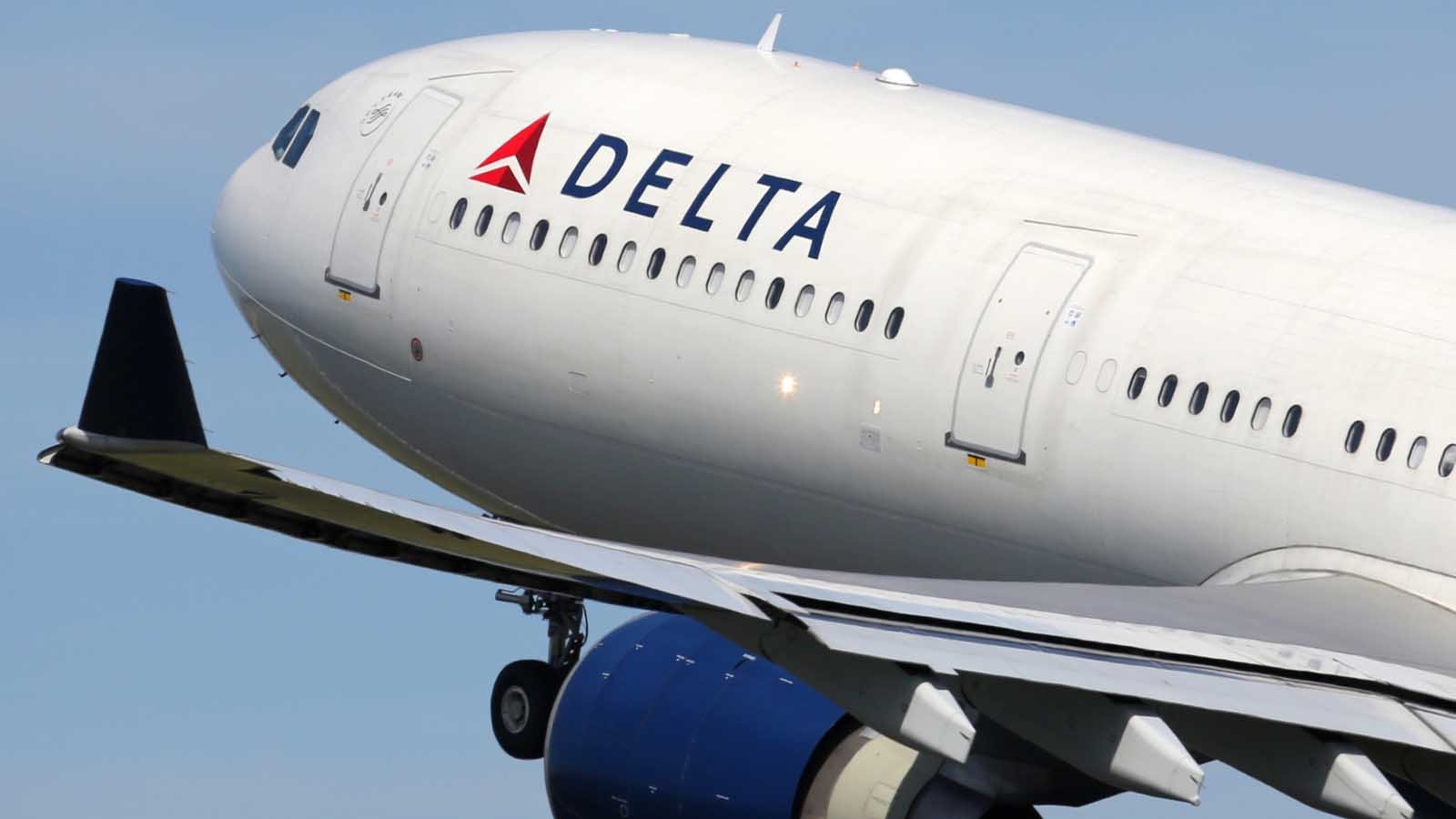Delta Air Lines (NYSE:DAL) and other carriers aren’t out of the novel coronavirus woods yet, not by a long shot. But a jump of 18.24% last week by DAL stock can’t be glossed over either.

The recent strength of DAL stock epitomizes what’s happening in the equity market today. Stocks, including many of the biggest decliners during the March Covid-19 swoon, are rallying against a backdrop of rising unemployment and other bleak economic data.
Airlines, which remain contrarian bets, are late to the trash-to-treasure rally. That could be a sign that the group and DAL stock can climb further going forward.
But the sector’s outlook is still troubling. Sure, Memorial Day weekend proved that Americans are eager to get out of the house, but that doesn’t mean they’re eager to resume taking the type of trips that require air travel.
The airlines are not acting as though this is the case. The industry furloughed or laid off tens of thousands of workers. Planes are being grounded and smaller, less profitable routes are being scrapped.
Weak economic data and the contention by analysts that demand for flights could take several years to return to 2019 levels aren’t new. But the sector’s recent rebound may indicate that investors think that the darkest clouds hanging over the airlines are gone.
Delta Faces Challenges But Offers Potential Rewards
It’s easy to be bearish son airlines when famed investors such as Warren Buffet abandon the group. Earlier this month, Buffett announced that he had sold all of his airline stocks. But negative investor sentiment isn’t the only challenge that Delta and its rivals currently face.
In the wake of the coronavirus, geopolitical tensions between the U.S. and China are again running high, with the White House accusing Beijing of blocking flights from American carriers, including Delta and United Airlines (NASAQ:UAL).
The Buffet banishment is likely baked into Delta’s shares at this point, but his skepticism doesn’t mean Delta should be abandoned. The airlines is taking some steps to deal with the rough operating environment. Beyond the aforementioned headcount and route reductions, Delta is selling some planes and leasing them back in an effort to generate cash.
That move, known as sale-leaseback, isn’t exactly innovative. It’s used in other industries when companies want to lighten their asset burdens while raising capital. It’s generally well-received by Wall Street.
As for well-known investors, not all of them are throwing in the towel on airlines. Bill Miller, the founder and CIO of Miller Value Partners, said earlier this month that betting against airlines is akin to betting against the success of a Covid-19 vaccine. Miller is putting money where his mouth is, as his firm holds stakes in Delta, United and American Airlines (NASDAQ:AAL).
The Bottom Line on DAL Stock
Crises are not ideal times to buy airline equities. History proves that, but history also shows the group is battle-hardened and often rebounds strongly when the worst news passes.
Over the past four decades, passenger “growth slowed during economic downturns, but then quickly recover{ed}. In 2018, the most recent year of data, the number of people who traveled at least once by plane hit an incredible 4.3 billion,” said U.S. Global Investors.
One caveat for investors with Delta or any other airlines for that matter: while many analysts are forecasting capacity levels returning to 2019 levels in 2023 or 2024, normalization could start as soon as next year. That means that investors who are evaluating Delta can only contemplate their options for so long. Also, it’s important to remember that the stock is already significantly undervalued in the eyes of some.
Todd Shriber has been an InvestorPlace contributor since 2014. As of this writing, he did not hold a position in any of the aforementioned securities.
